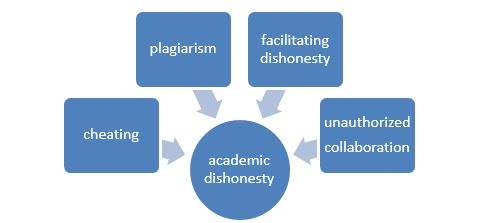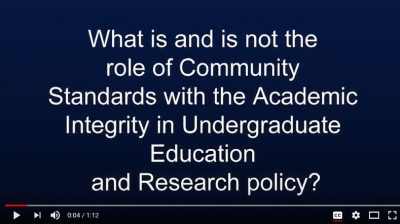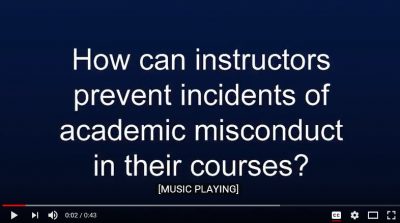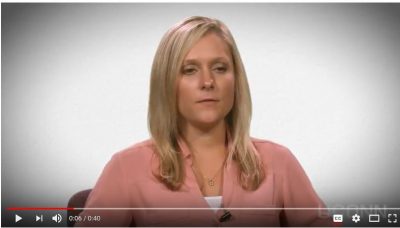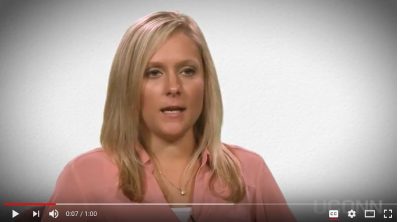According to the International Center for Academic Integrity, “core principles of integrity create a foundation for success in all of life's endeavors. Integrity in academic settings is a fundamental component of success and growth in the classroom. It prepares students for personal and professional challenges as well as providing a blueprint for future fulfillment and success.”
Most undergraduates at UConn have taken a First-Year Writing course and they should be well versed in the procedures for properly incorporating researched information into their papers, yet experience warns us that—whether they are freshmen or seniors—several students need refreshers on this topic. For example, students typically know that they must cite direct quotations, but many are not so sure about citing material they have paraphrased or summarized from outside sources.
Academic dishonesty is not simply flagrant cheating; it can be much more subtle:
The more you and your students understand the subtleties of academic dishonesty, the more likely you will be able to control it in the classroom and encourage your students to strive for academic integrity.
Review the Guidelines and Provide Resources
In order to mitigate any confusion, consider using class time to review your course’s citation style and the UConn library’s Plagiarism Resources, familiarize students with UConn’s Plagiarism Policies, and emphasize the consequences of committing plagiarism in your course.
Note that students can also work with tutors in the Writing Center if they have any questions about information literacy or academic integrity in writing. The Writing Center provides walk-in sessions and appointments.
Use HuskyCT Tools
Don’t forget about the option to have students submit their papers via SafeAssign on HuskyCT. SafeAssignments deter students from committing plagiarism and help you to identify plagiarism in papers. SafeAssign compares submitted assignments against a set of academic papers to identify areas of overlap between the submitted assignment and existing works. SafeAssign is effective as both a deterrent and an educational tool: Use SafeAssign to review assignment submissions for originality and create opportunities to help students identify how to properly attribute sources rather than paraphrase. Visit CETL's Educational Technology site for information on SafeAssign. SafeAssign itself should not be used as the final arbiter in making a determination about plagiarism; it’s a helpful tool, but an experienced teacher is still the best final judge.
Know your Roles and Responsibilities It is very important to work with the Office of Community Standards to follow appropriate procedures for academic misconduct. The Academic Integrity FAQ page clarifies the instructor's role in maintaining academic integrity at UConn; visit the Community Standards Academic Misconduct Procedure Review to learn more. You can also find information about your roles and responsibilities regarding misconduct in the Academic, Scholarly, and Professional Integrity and Misconduct Policy. Contact Community Standards if you have questions about these procedures for undergraduate cases, or the Graduate School for graduate cases.
Tips:
- Don’t presume that students know what constitutes plagiarism.
- Provide academic integrity guidelines, and review them in class.
- When you suspect misconduct, save the evidence.
- Follow the guidelines for reporting plagiarism--particularly instances of intentional misconduct or flagrant negligence; instructors who do not report student misconduct may be enabling students to get away with the same behaviors course after course.
Additional resources:
- Lang, James M. Cheating Lessons: Learning from Academic Dishonesty. Harvard University Press: 2013.
- Oyekan, Olugbenro. Academic Integrity: Study & Guide. XLIBRIS: 2013.
- Twomey, Tyra, et al., ed. Pedagogy, Not Policing: Positive Approaches to Academic Integrity at the University. Syracuse University Press: 2009.
Quick Links
![]()
Consult with our CETL Professionals
Consultation services are available to all UConn faculty at all campuses at no charge.
